Togo’s capital Lomé, descended into chaos as hundreds of protesters took to the streets demanding the immediate resignation of President Faure Gnassingbé, who has ruled the West African nation since 2005. The demonstrations, which began on Thursday and are expected to continue through June 28, were sparked by controversial constitutional reforms and deepening economic frustration among the population. Protesters, many of them youth, erected concrete blockades, burned tyres, and threw projectiles at security forces in several neighborhoods, including the opposition stronghold of Bè.
Security forces responded with tear gas and a heavy-handed crackdown, arresting dozens of demonstrators and deploying military jeeps throughout the capital. Several businesses closed in anticipation of unrest, as social media influencers and civil society groups rallied people to protest what they call a creeping dictatorship under Gnassingbé. “We’re hungry. Nothing works for Togolese youth anymore,” said Kossi Albert, a 30-year-old unemployed protester. “That’s why we’re out here today, and I’ll be back tomorrow.”
The protests come on the heels of a sweeping constitutional change that created the powerful new role of President of the Council of Ministers a position Gnassingbé assumed in May. The role effectively places him above the president in a semi-parliamentary system and has no official term limits. Critics have labeled this a “constitutional coup,” warning it allows Gnassingbé to rule for life and bypass future presidential elections.
The civic coalition Touche Pas à Ma Constitution (“Hands Off My Constitution”) is at the forefront of organizing peaceful resistance. In a statement, the group called for the release of nearly 100 political prisoners and demanded urgent economic reforms to restore purchasing power amid soaring inflation and widespread joblessness. The group said the current government is fostering a climate of fear and repression.
Togo has been under the leadership of the Gnassingbé family for more than five decades. Faure Gnassingbé took office after the death of his father, Gnassingbé Eyadéma, who ruled for 38 years. His tenure has been marked by repeated allegations of election fraud, suppression of dissent, and constitutional manipulations to prolong his grip on power.
Earlier this month, dozens of activists were arrested during smaller demonstrations opposing Gnassingbé’s new role and protesting worsening economic conditions. According to Amnesty International, many were detained without charge and released days later. The latest wave of unrest represents the most serious challenge to Gnassingbé’s authority in recent years and echoes broader regional discontent, as West Africa grapples with democratic backsliding, military coups, and rising authoritarianism.
Demonstrations have been banned in Togo since 2022 following a deadly explosion at Lomé’s main market, but opposition groups continue to defy the restrictions. The recent unrest signals a breaking point for many Togolese, particularly the youth, who face high unemployment, deteriorating public services, and limited political freedom.
As the situation unfolds, the international community has yet to respond robustly, though human rights organizations are closely monitoring the escalating tensions. With Gnassingbé showing no sign of backing down and protesters vowing to return to the streets, Togo stands on the edge of a major political and constitutional crisis, with far-reaching implications for governance and stability in the region.


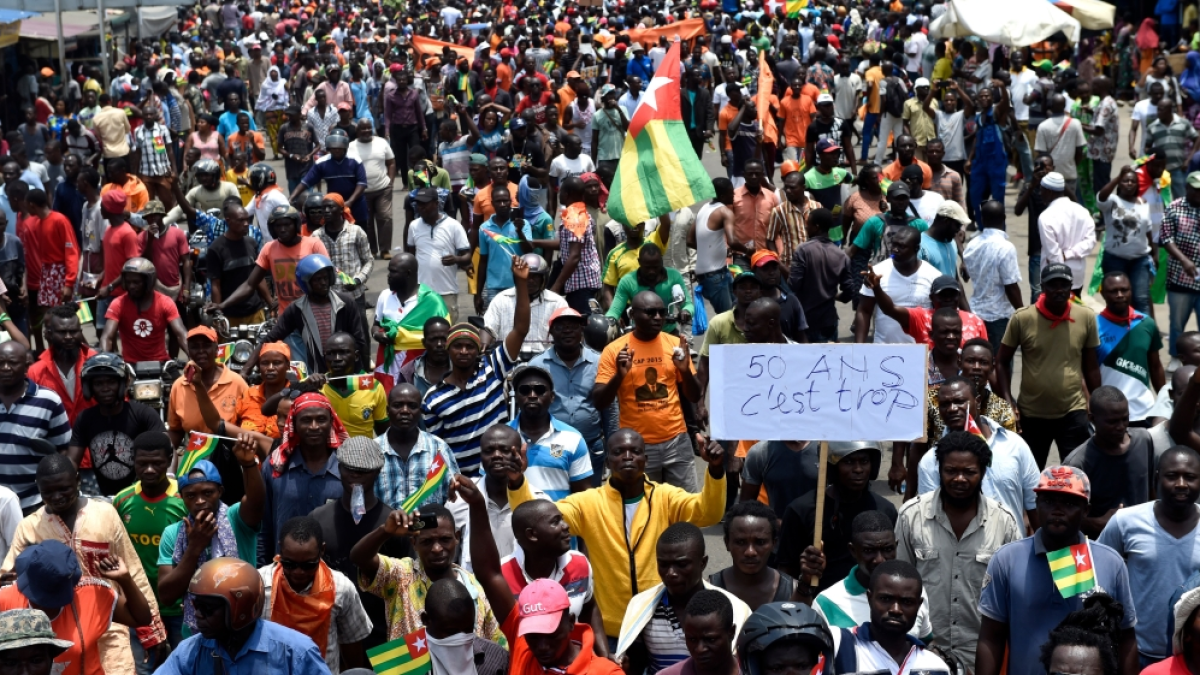

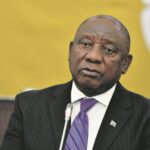
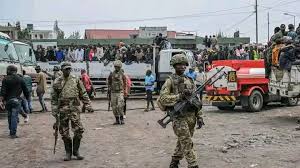
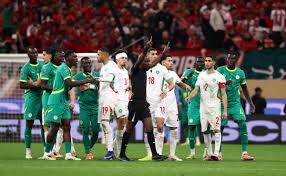
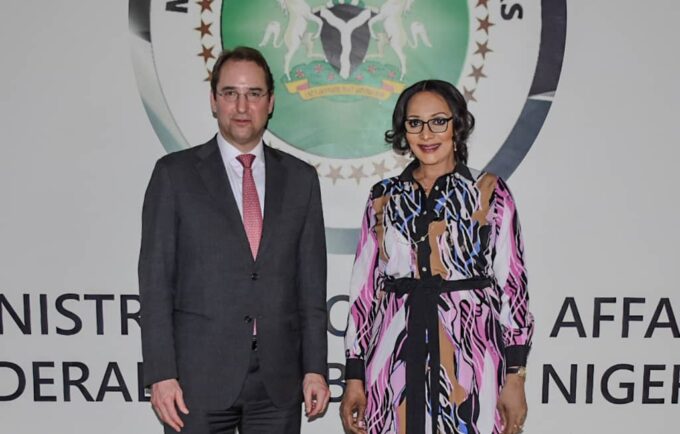






Leave a comment